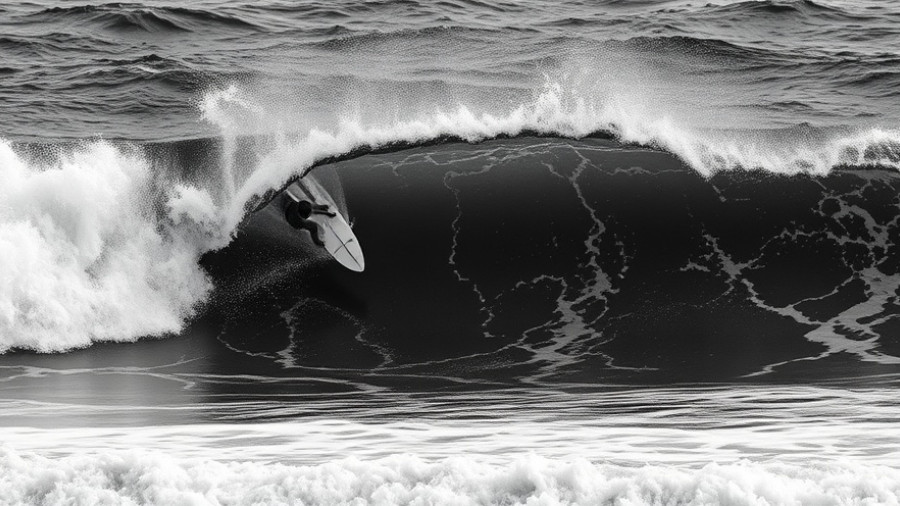
Surf Community Shaken by Localism Incident
The GB Cup, a premier competition for emerging British surfing talent, was supposed to highlight exceptional young surfers. Instead, it devolved into a disturbing localism incident at Thurso, Scotland, as a group of older male surfers targeted young female competitors with verbal harassment and aggression. This tragic turn of events raises questions about inclusivity in the sport and the responsibility of the surfing community.
Sustaining a Culture of Inclusion
The incident occurred during the semi-finals of the GB Cup, an event showcasing the top surfers from England, Scotland, Wales, and the Channel Islands. Following reports that the attackers shouted obscenities and threatened the competitors, officials decided to suspend the event for safety reasons. Notably, one of the assaulted competitors was just 15 years old, highlighting the vulnerability of young athletes in competitive environments.
As Paul Stark, chief executive of the Scottish Surfing Federation, aptly put it, "Verbal abuse at young female athletes is unacceptable in surfing and unacceptable in society." Such incidents are reflective of a deeper issue within the sport that demands attention—not merely for the safety but for the dignity of those involved.
Community Response: United Against Misconduct
The surfing community has rallied in defense of the affected athletes. Both GB Surfing and the Scottish Surfing Board have denounced the behavior exhibited by the group of older men, asserting that these actions do not represent the values that the broader surf community holds dear. They reaffirm their commitment to innovation, care, inclusion, and excellence.
Arlene Maltman, a member of the GB Surfing board and a former British champion, expressed sadness over the incident's impact on the women's competition. She noted how it overshadowed opportunities for young female surfers to showcase their skills. The message from key figures in the surfing community is clear: such hostility must not become the norm.
Broader Implications on Surfing Culture
The Thurso incident draws parallels to a similar localism scenario that unfolded during a competition in France earlier this year. This pattern of territorial aggression poses a rising concern, especially for the burgeoning female surfing demographic. Many advocates argue that the surf culture should embrace inclusivity—not exclusion—and continually work to reshape the narrative about who belongs in the lineup.
In an age where surf athletes are increasingly visible in competitive spaces, it is crucial that the surf community collectively condemns these acts and supports measures that promote safe participation. As discussions surrounding mental health and athlete welfare rise, addressing bullying and harassment within sports is paramount.
Call to Action: A Unified Surfing Front
In an era that grapples with social justice issues, the surfing world faces its own crossroads. Fans and participants are called not only to condemn unacceptable behavior but to embody and promote the inclusivity that the sport desperately needs. Drawing from the GB Cup's tumultuous experience, it is time to foster environments where all surfers—regardless of gender or age—feel empowered on the waves.
As the competitive season resumes, let’s amplify voices calling for change and eliminate the toxic patterns that overshadow the sport we love. It’s our shared duty to cultivate a positive surfing culture that values respect, safety, and equality.
 Add Row
Add Row  Add
Add 




Write A Comment